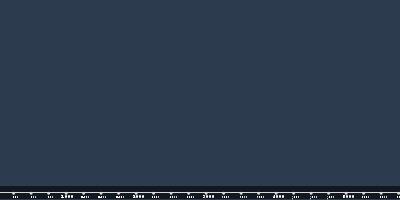The British Empire (jan 1, 1605 – jan 1, 1960)
Description:
A relative latecomer to the empire building game, Britain founded its first successful, permanent colony in Jamestown, Virginia in 1605.It would compete alongside other colonial powers for trade, influence, land, prestige and wealth for centuries from North America to the East Indies.
After the Seven Years War, Britain was able to secure for itself a strong position, particularly in India and North America where they took over much of France's territory.
Historians tend to divide the Empire into two phases. The first ending with American independence and the shifting of Britain's focus towards its Asian possessions.
Britain further strengthened its position after the Napoleonic Wars, where Napoleon's final defeat in 1815 saw Britain emerge as the most powerful nation and with the largest colonial empire. From the time of the battle of Trafalgar in 1805, Britain's naval dominance was mostly unchecked for more than a century. The British East India Company, one of the largest corporations at its time and controller of most of India, was annexed to be ruled directly by British authorities after the mutiny of 1857.
Fueled by the fires of industry in its many factories and dockyards, The British Empire would become the largest Empire in history by land area, reaching its peak in size after WWI. However by this point its economic and political strength were beginning to decline, due to competition from the United States and the carnage of the World Wars.
In the first half of the 20th century, Ireland, Egypt, Iraq and India would be given independence, albeit with strong British influence remaining for some time and the final nail in the coffin was the Suez Crisis of 1956. Britain attempted to oppose Nasser's nationalisation of the Suez Canal with aid from France and Israel. Ultimately however the United States under Eisenhower forced them to retreat under the threat of economic warfare. This humiliation effectively ended any hope for the retention of the empire and in 1960 Harold Macmillan voiced his support for decolonisation, not just in Asia but of Africa also.
Added to timeline:
Date:
jan 1, 1605
jan 1, 1960
~ 355 years
